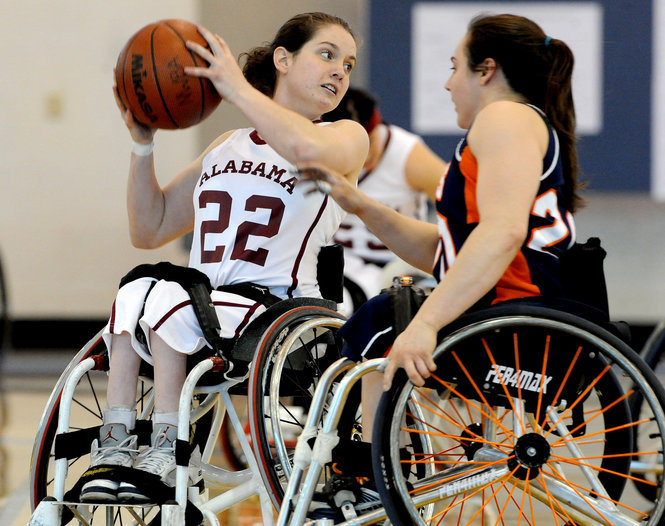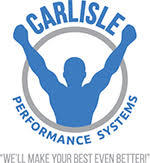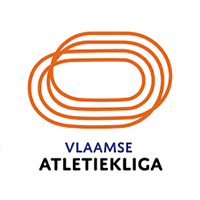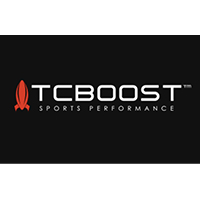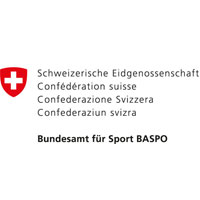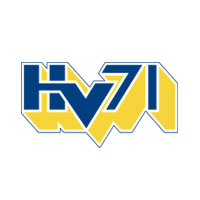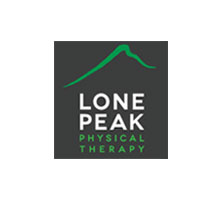The University of Alabama is one of the world’s top institutions for adapted athletics. The wheelchair basketball teams hold six national championships, and the wheelchair tennis teams have three.
Beyond collegiate competitions, 20 athletes from the University of Alabama competed in the 2016 Paralympic Games, including gold medalists for Team USA in men’s and women’s wheelchair basketball and a silver medalist in women’s wheelchair basketball for Germany. The school recently broke ground on a $10 million adapted athletics facility with competition venues, strength and conditioning facilities and athlete areas.
Elizabeth Aldrich is a strength and conditioning coach for the University of Alabama Women’s Wheelchair Basketball team. As a graduate student in the Department of Kinesiology, she has teamed with Dr. Gerald Mangine from Kennesaw State University to compare power output via the 1080 Sprint with traditional strength and power measures for adapted athletes.
Wheelchair athletes and able-bodied athletes both use resisted sprinting to improve sprint performance. Wheelchair athletes use sled pulls, tire pulls, resistance bands and sprinting uphill or on a soft surface like grass or sand to generate resistance. However, the literature does not specify how coaches should implement this training strategy .
Quantifying the resistance for wheelchair sprints can be difficult, and athletes’ power outputs are unknown. Varying levels of impairments in wheelchair athletes add another dimension to consider. While some athletes can use their trunk to assist propulsion, others may be limited to partial arm use.
Common metrics for wheelchair basketball players are 20-meter sprint, bench press, medicine ball throw and Wingate test using an arm crank. Aldrich’s protocol takes those performance markers as her baseline. Her athlete-subjects then perform six 15-meter sprints with resistance provided by the 1080 Sprint. Aldrich increases the resistance on each trial to develop a force-velocity curve for each athlete.
Aldrich hopes her research reveals the appropriate amount of resistance to attain maximum power output over a 15-meter sprint. She is also interested in understanding athletes’ ability to repeat their power output over the testing days, as well as which of the traditional training metrics best correlates with resisted-sprint output.
Other than the 1080 Sprint, arm crank ergometers and wheelchair treadmills are the only means of measuring a wheelchair athlete’s power output. However, the motion and the musculature involved between an arm crank and pushing a wheelchair are so different that coaches can draw few conclusions about one from the other. Wheelchair treadmills allow for the standard pushing motion, but the resistance is applied in a different fashion.
The 1080 Sprint can directly measure power output for resisted sprinting. Aldrich hopes her research will provide coaches with a means of estimating the maximal power producing load via traditional sprint, strength and power tests. Follow-on research can then explore how to train repeated-sprints to simulate in-game conditions and how to vary resisted-sprint training to achieve a wider range of adaptations.
